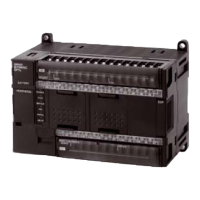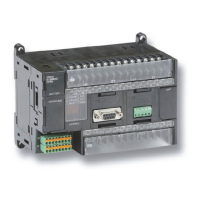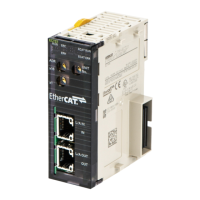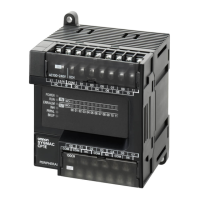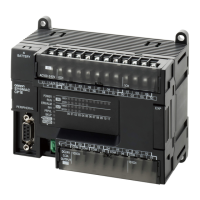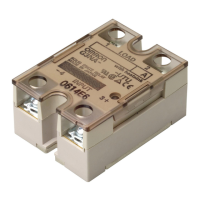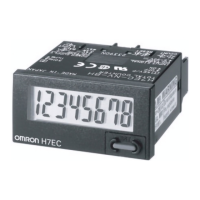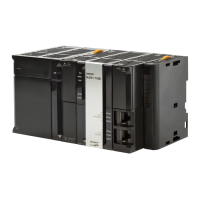248
Glossary
programmed alarm An alarm given as a result of execution of an instruction designed to generate
the alarm in the program, as opposed to one generated by the system.
programmed error An error arising as a result of the execution of an instruction designed to gen-
erate the error in the program, as opposed to one generated by the system.
programmed message A message generated as a result of execution of an instruction designed to
generate the message in the program, as opposed to one generated by the
system.
Programming Console The portable form of Programming Device for a PC.
Programming Device A Peripheral Device used to input a program into a PC or to alter or monitor a
program already held in the PC. There are dedicated programming devices,
such as Programming Consoles, and there are non-dedicated devices, such
as a host computer.
PROM Programmable read-only memory; a type of ROM into which the program or
data may be written after manufacture, by a customer, but which is fixed from
that time on.
prompt A message or symbol that appears on a display to request input from the
operator.
protocol The parameters and procedures that are standardized to enable two devices
to communicate or to enable a programmer or operator to communicate with
a device.
PV See present value.
RAM Random access memory; a data storage media. RAM will not retain data
when power is disconnected.
RAS An acronym for reliability, assurance, safety.
read-only area A memory area from which the user can read status but to which data cannot
be written.
refresh The process of updating output status sent to external devices so that it
agrees with the status of output bits held in memory, and of updating input bits
in memory so that they agree with the status of inputs from external devices.
relay-based control The forerunner of PCs. In relay-based control, groups of relays are intercon-
nected to form control circuits. In a PC, these are replaced by programmable
circuits.
reserved bit A bit that is not available for user application.
reserved word A word in memory that is reserved for a special purpose and cannot be
accessed by the user.
reset The process of turning a bit or signal OFF or of changing the present value of
a timer or counter to its set value or to zero.
response code A code sent with the response to a data transmission that specifies how the
transmitted data was processed.
response format A format specifying the data required in a response to a data transmission.
response monitoring time The time a device will wait for a response to a data transmission before
assuming that an error has occurred.
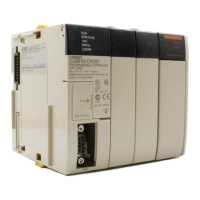
